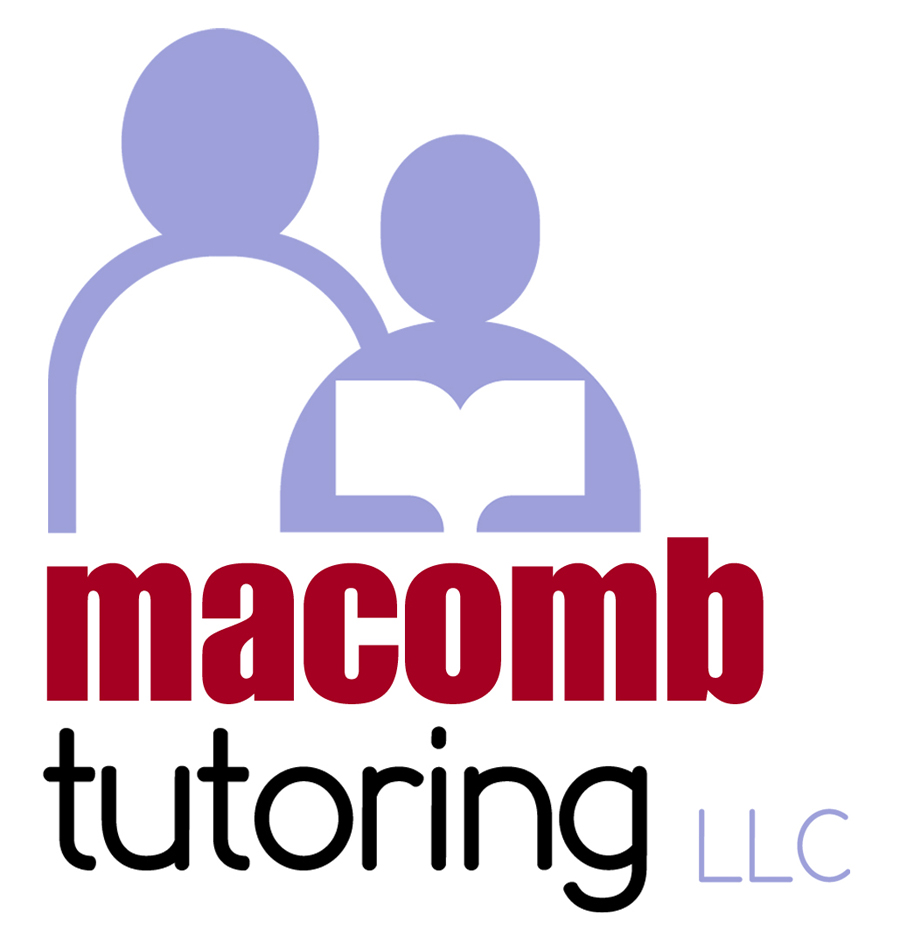What to expect during tutoring ...
Will tutoring correspond with what is being learned at school?
Not always. The goal of Macomb Tutoring is to help students become more independent learners by teaching them the underlying strategies and skills they need for school success. Therefore, tutoring begins at the current skill level of each child. Students progress to more difficult skills in a step-by-step manner which doesn't always correspond with what is being learned at school.
How long will my child require tutoring?
It depends, since students have different learning styles and learn at different rates.Some students may require just a little bit of help and then don't need tutoring anymore. Students with learning disabilities may need some form of tutoring or academic support throughout their school experience.
Should tutoring be continued throughout the summer?
Again, it depends. If a student is experiencing extreme difficulty, taking the summer off is not recommended. Tutoring sessions continue throughout the summer, but time is allowed for family vacations.
What if I suspect my child has a learning disability?
A skilled and well-trained tutor can often provide much-needed academic support for students with learning disabilities.
However, a learning disability can only be identified by a licensed psychologist. Testing is available through public schools and/or can also be provided by private licensed psychologists who specialize in learning disabilities. Some of the Resources links on this site provide helpful hints for requesting testing and/or special services.
Help for learning disabilities can be provided at any age, but early identification and remediation are recommended.
How will I know my child is making progress?
Parents are provided with a copy of a summary of each tutoring session and are free to sit in at any time. Parents can also request a follow-up Informal Evaluation once every six months. The first sign of progress that parents usually notice is their child's increased sense of confidence with academic work. As a student's skill level increases, grades tend to improve.
How can I help my child get the most out of tutoring?
The "basics" are very important. Make sure your child gets enough sleep at night, enough exercise, and is offered healthy food choices. Do what you can to ensure that your child comes to tutoring with a positive frame of mind. A healthy, enjoyable snack before tutoring helps some children stay focused.
Keep academics in perspective. Help your child establish a moderate, balanced, and realistic schedule. Although your child may need extra help with academic work, make sure there is also time for friends, family, and at least one weekly extra-curricular activity in which he or she shows strength or interest.
Finally, appreciate progress, even when it seems minimal. Encourage your child's goals and aspirations. Adults who've succeeded despite learning problems usually say that one of the keys to their success was having at least one person who believed they would do just fine. Often, that steady and encouraging person is a parent.


